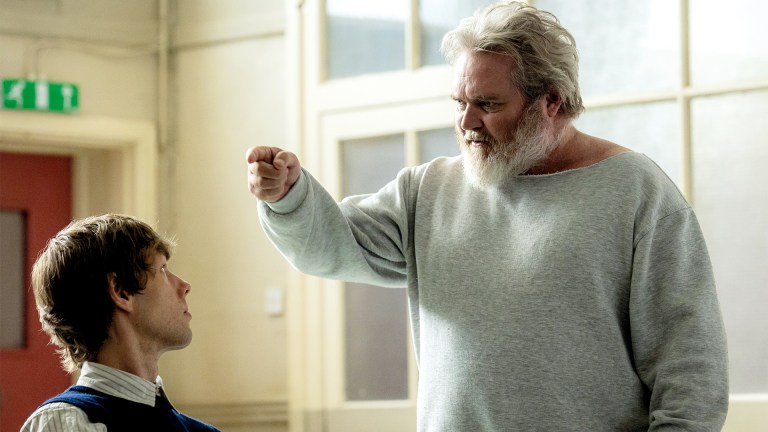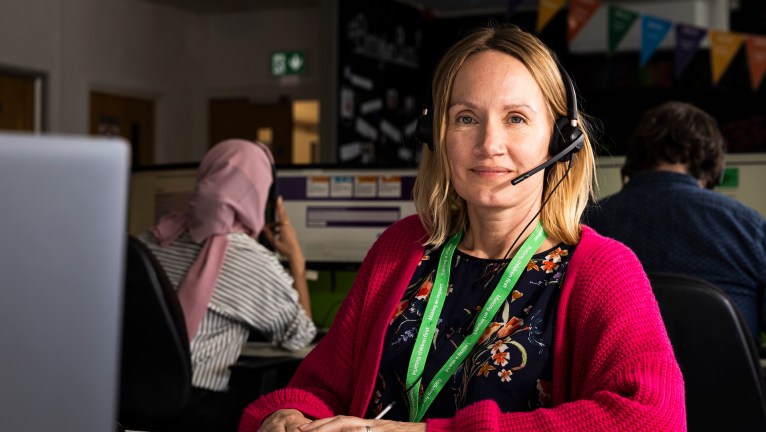When I took up my role as minister for faith, I set myself the ambitious target of visiting all of England’s 42 Anglican cathedrals in one year, to better understand the role they play in communities throughout the country.
I’m now more than three quarters through and the end is rather sadly in sight. I’ll be finishing my tour in Canterbury on September 22. And what a fantastic opportunity it has been to see the work of England’s centres of Christian worship first-hand.
I’ve been deeply impressed with what I’ve seen: remarkable architecture, of course, but also cathedrals as renewed focal points for their communities and champions of education, economic growth and regeneration.
Homelessness could happen to any of us. It happens to too many of us
Almost uniformly, I’ve heard how cathedrals are working to engage with their wider communities, demystifying the cathedral and encouraging people to cross the threshold. Cathedrals want to be focal points for their communities in the modern world for young and old, Christian or otherwise. Part of this is strengthening the role of faith at the heart of the diverse communities they serve and encouraging people from across all social divides to engage in dialogue with one another.
In my discussions with the deans and volunteers in cathedrals from Bradford to Winchester, tackling homelessness and rough sleeping has come up time and time again. The church has a proud history of ‘getting involved’. National housing charity Shelter, for example, evolved in the 1960s from the pioneering work started by London’s St Martin-in-the-Fields and today tackling homelessness remains at the heart of Christian concern.

People end up homeless for many reasons, but all too often it’s because a single problem has spiralled out of control. It might be a sudden bout of ill health that quickly escalates from being unable to work, to struggling to pay the bills, to being unable to pay the rent or mortgage to finding yourself out on the street.









